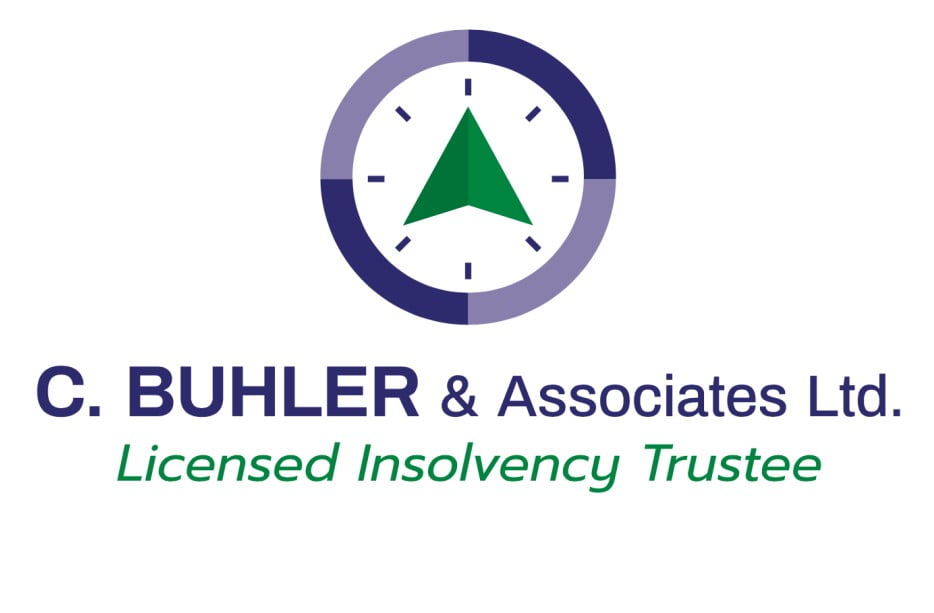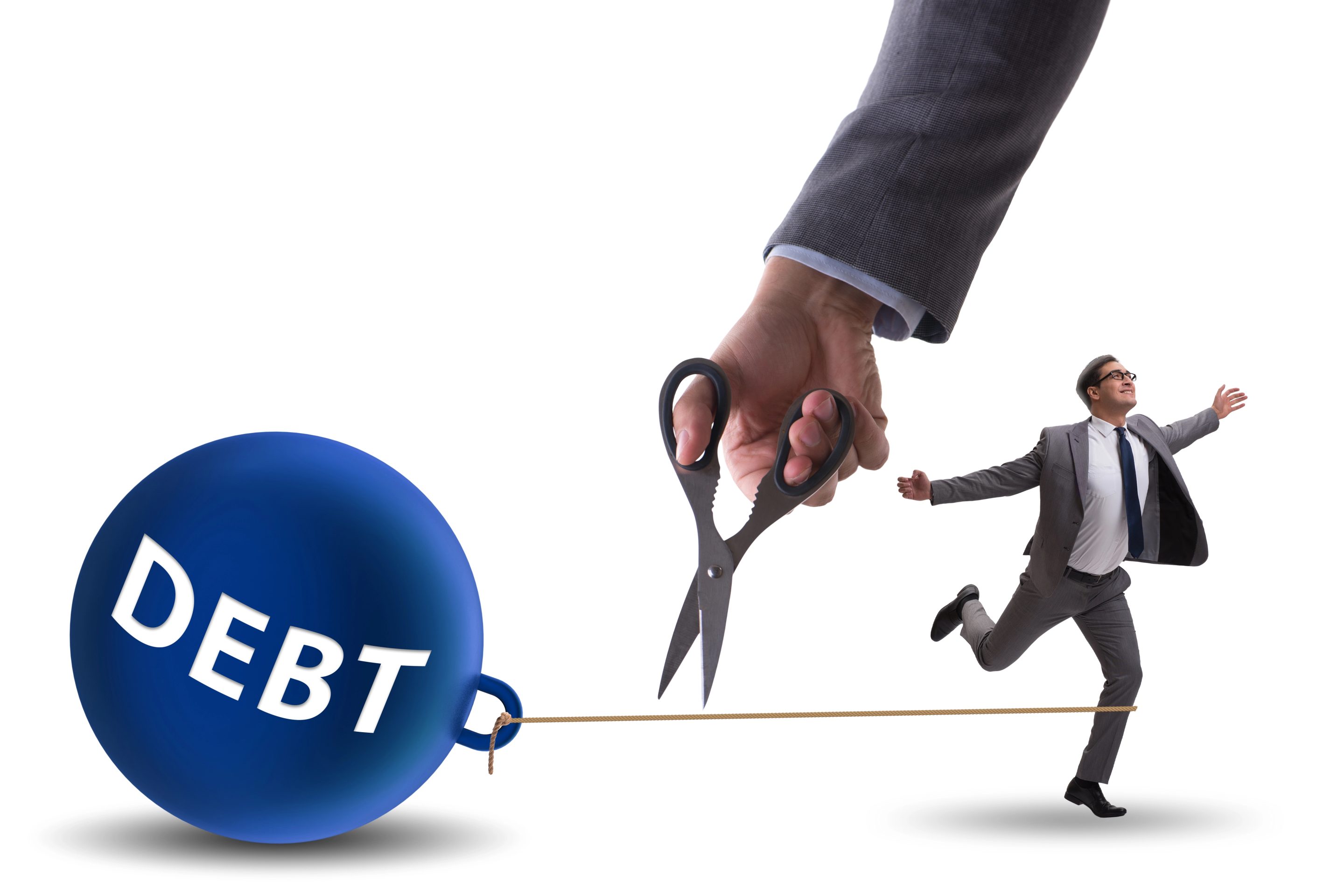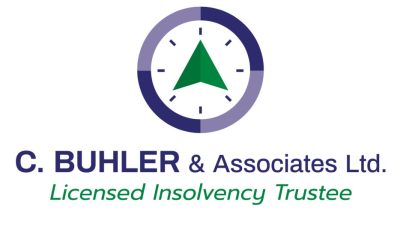Debt consolidation and bankruptcy are two debt relief options; while debt consolidation aims to simplify monthly payments and lower interest rates, bankruptcy aims to eliminate all debts in exchange for assets and promises.
Both have their place, and while debt consolidation is typically preferred to bankruptcy, it is not always a viable option. In this article, we compare the two to help you decide which one is right for you:
What Is Debt Consolidation?
Debt consolidation is a debt management strategy in which debtors consolidate debt from several creditors into one single debt. Banks, credit unions, and other financial institutions offer debt consolidation as a means of making debts more manageable.
There are several different options for debt consolidation, including:
- Personal loans
- Debt consolidation loans, designed specifically for debt consolidation
- Home equity loans, in which you borrow against the equity you have in your home
- Personal lines of credit
- Home equity lines of credit
- Credit card balance transfers
Pros Of Debt Consolidation In Manitoba
There are two major advantages to debt consolidation:
- When all of your debts are consolidated into one, you only have to pay one creditor; this means you have fewer debts to keep in mind and fewer debts to manage.
- With a good credit score, the interest you pay on consolidation loans may be lower than the interest you pay on other unsecured debts, like credit card debt.
Some debt consolidation options, like a balance transfer credit card, may come with a 0% interest fee for a set period of time (usually with the caveat that you must make all payments on time). Loans and lines of credit often also come with much lower interest rates, especially if your credit score is strong.
Cons Of Debt Consolidation
Debt consolidation is not for everyone. You might want to avoid debt consolidation if:
- Your credit score is low
- You do not want an inquiry on your credit report (inquiries lower your credit score temporarily)
- Your debts are not high-interest
Consolidating your debts may also lead to you taking more time to repay your debts; even with a lower interest rate, a longer repayment window can lead to a bigger overall interest-to-principal ratio, which in turn leads to you paying more over time. It is almost always best to repay debts quickly to avoid paying more interest.
What Is Bankruptcy?
Bankruptcy is a debt management solution that eliminates most of your unsecured debts in exchange for payments to creditors, as well as certain guarantees. Bankruptcy sets your credit score to the lowest possible score, and your bankruptcy will stay on your credit record for at least six years after you are discharged from your debts.
Pros Of Bankruptcy In Manitoba
Bankruptcy is a last resort, but it comes with a number of advantages when other debt management strategies like debt consolidation are not viable. When you file for bankruptcy:
- Affected creditors will no longer be able to contact you for collections
- Affected creditors will not be able to sue you
- All payments to affected creditors will cease
- Wage garnishing from affected creditors will end
- Within a number of months, you will be released from all debts to affected creditors (usually 9-21 months)
These features make bankruptcy a very important tool in the Canadian financial system; it is one of the most effective ways of getting a person out of debt.
Cons Of Filing For Bankruptcy
There are, however, a number of disadvantages to declaring bankruptcy; it’s a last resort for a reason. When you declare bankruptcy, you:
- May be required to sell assets to make payments toward your debts
- May be required to use savings to make payments toward your debts
- Will see your credit score drop significantly
- Must attend two mandatory credit counselling classes
- May not be discharged from all of your debts
The last point is very important: Student loan debt less than seven years old, family support payments, and court fines (among other debts) are not included when you file for bankruptcy. The list of debts not included in a bankruptcy can be found in the Bankruptcy and Insolvency Act.
When you file for bankruptcy in Manitoba, there are some limits to what assets are protected. You are, for example, allowed to keep your home, but equity is only protected up to $2,500 for sole owners, and $1,500 for co-owners (each province will vary – these are Manitoba specific numbers).
Debt Consolidation vs. Bankruptcy: Key Differences
Debt consolidation is a debt management strategy that can work beautifully for:
- People with excellent credit scores
- People who need help simplifying their debt repayments
- People who have home equity they are willing to borrow against
- People with high-interest debt (like credit card debt)
Typically, debt consolidation is used early in the process of managing uncontrolled debt; it is preferable to bankruptcy when it is a viable option because:
- The impact on your credit score is minimal, and it may actually improve
- It allows you to pay off all of your debts
- You have more control over how you use your assets and savings
Sometimes, debt consolidation is not an option. In many cases, bankruptcy can be used instead to release you from your debts. The impact on your credit score is long-lasting, and it may be impossible for you to borrow money for years after bankruptcy – but at times, it is the only viable option.
How To Decide: Debt Consolidation Or Bankruptcy?
A licensed insolvency trustee (LIT) can help you determine if debt consolidation or bankruptcy is the right option for you. Every case is unique, and it’s worth it to talk to an LIT before deciding on the right option for you.
A third option also exists: A consumer proposal, in which repayments to creditors are negotiated on your behalf by a licensed insolvency trustee (LIT). This option is similar to debt consolidation in that regular payments are made each month to a single party (to your LIT, who distributes the money to your creditors). It also shares some similarities with bankruptcy in that it can have a serious effect on your credit score.
Get Expert Advice On Debt Consolidation And Bankruptcy In Manitoba
Struggling with debt? Not sure if debt consolidation, bankruptcy, consumer proposals, or credit counselling is the right option for you? Talking to a licensed insolvency trustee (LIT) can help.
LITs are the only individuals in Canada licensed to file consumer proposals or for bankruptcy. They offer impartial advice on credit management solutions.
Looking into bankruptcy or debt consolidation in Winnipeg? Our team can help. Contact us to speak with an LIT today!





